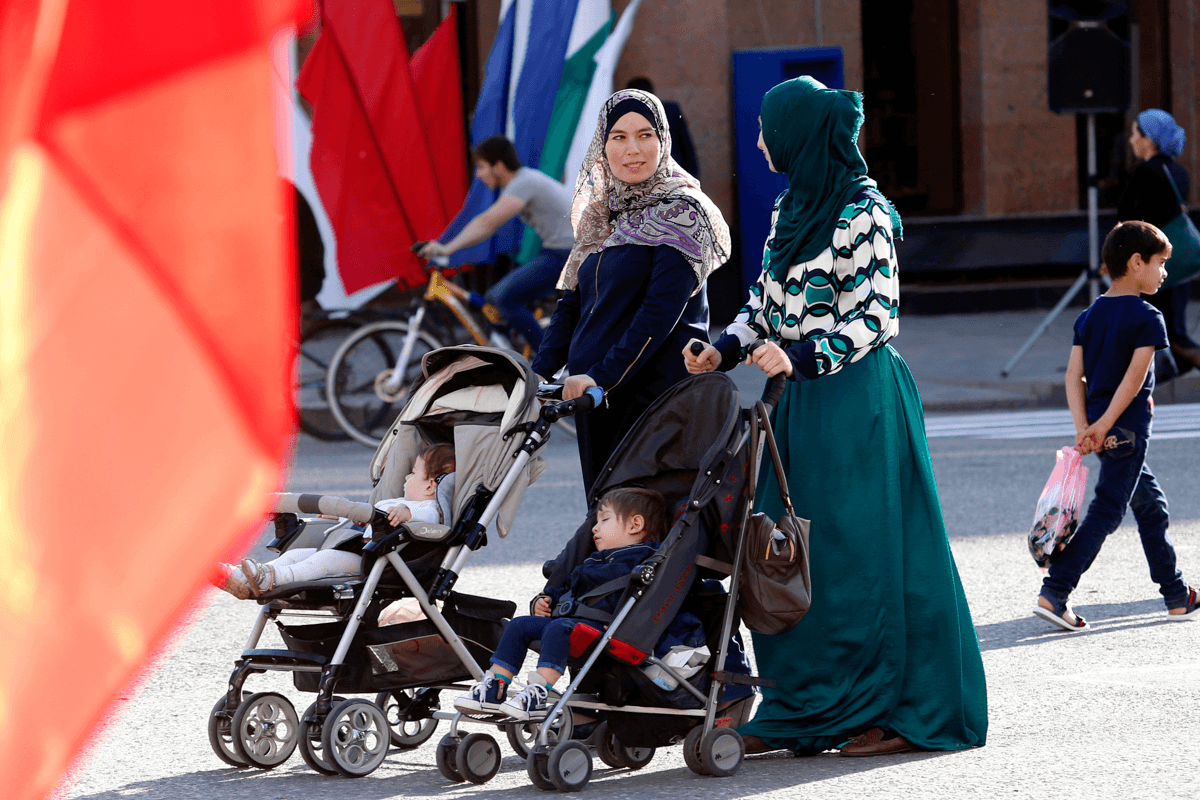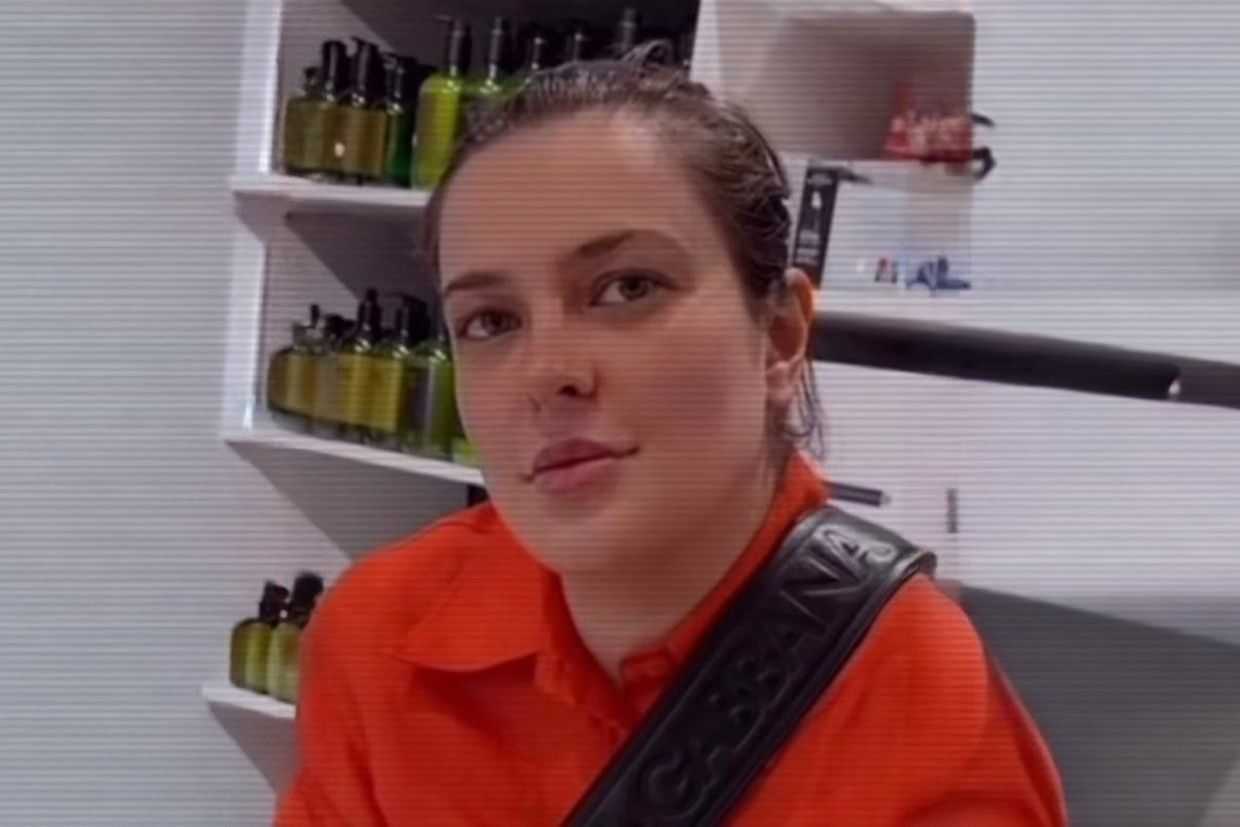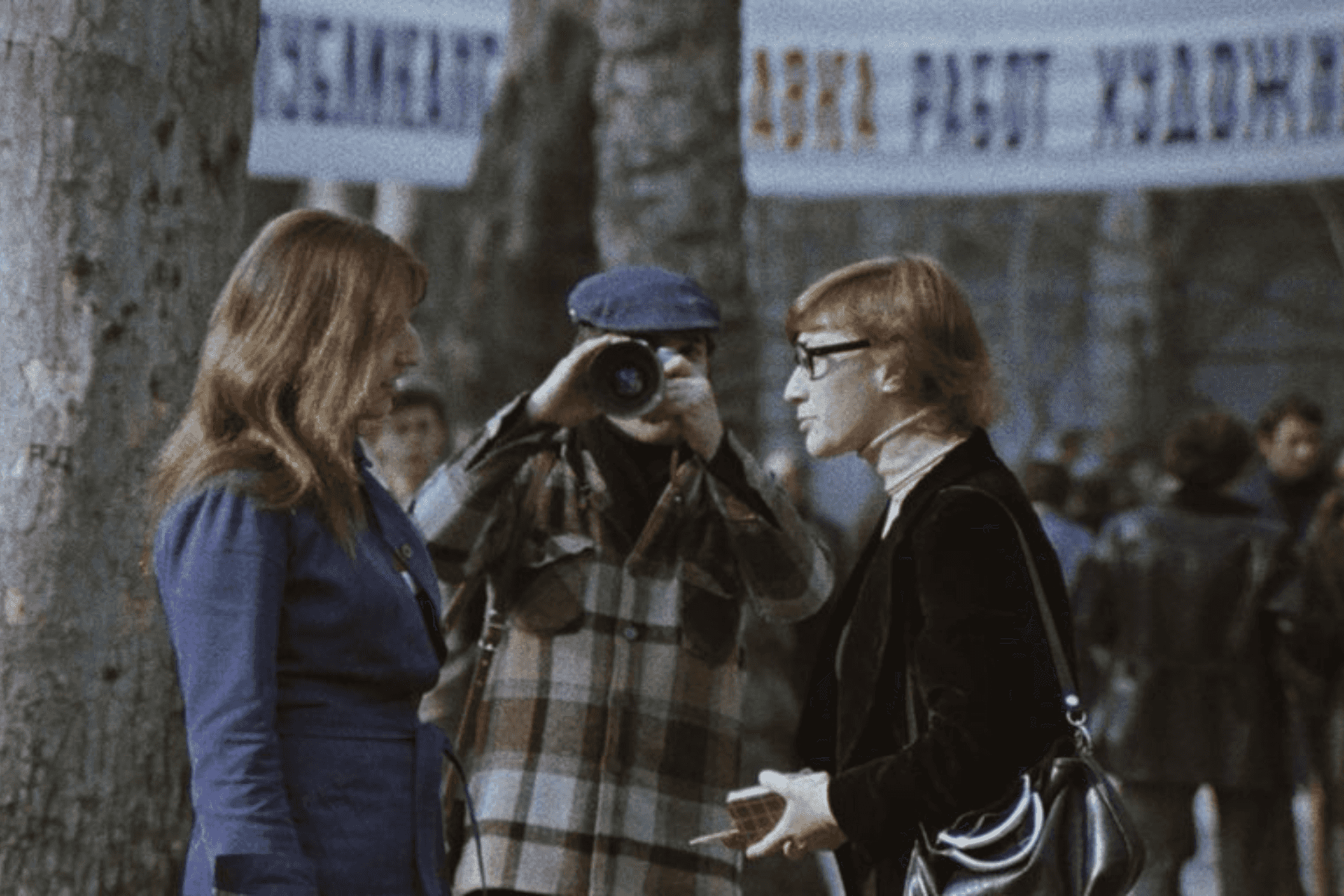Opinion | Trump once tried to belittle me — a misogyny Ivanishvili and others later embraced
Trump may not have invented misogyny. But he turned it into a political brand that spread across the world.

The new generation of male political leaders — very macho, very sure of themselves, and openly dismissive of women — makes the old-school womanisers of the past look almost harmless. What used to be sleazy flirting has turned into something far darker: a deliberate strategy of putting women down, especially female journalists who dare to ask questions that powerful men don’t want to hear. And no one has done more to legitimise this behaviour than US President Donald Trump.
Trump’s second presidency didn’t just bring misogyny back into political life — it broadcast it around the world. Leaders with authoritarian impulses saw how Trump mocked women, belittled reporters, and used humiliation as a political weapon. Leaders like him portrayed sexism not as a weakness, but as a style.
Georgia’s democratic backsliding under Georgian Dream founder and billionaire Bidzina Ivanishvili has unfolded against this backdrop. The ruling party’s hostility towards the media has hit everyone, but the condescending, openly aggressive tone towards female reporters has become almost fashionable — a local version of the same strongman performance we’ve seen elsewhere. And I felt that shift long before Trump made it international.
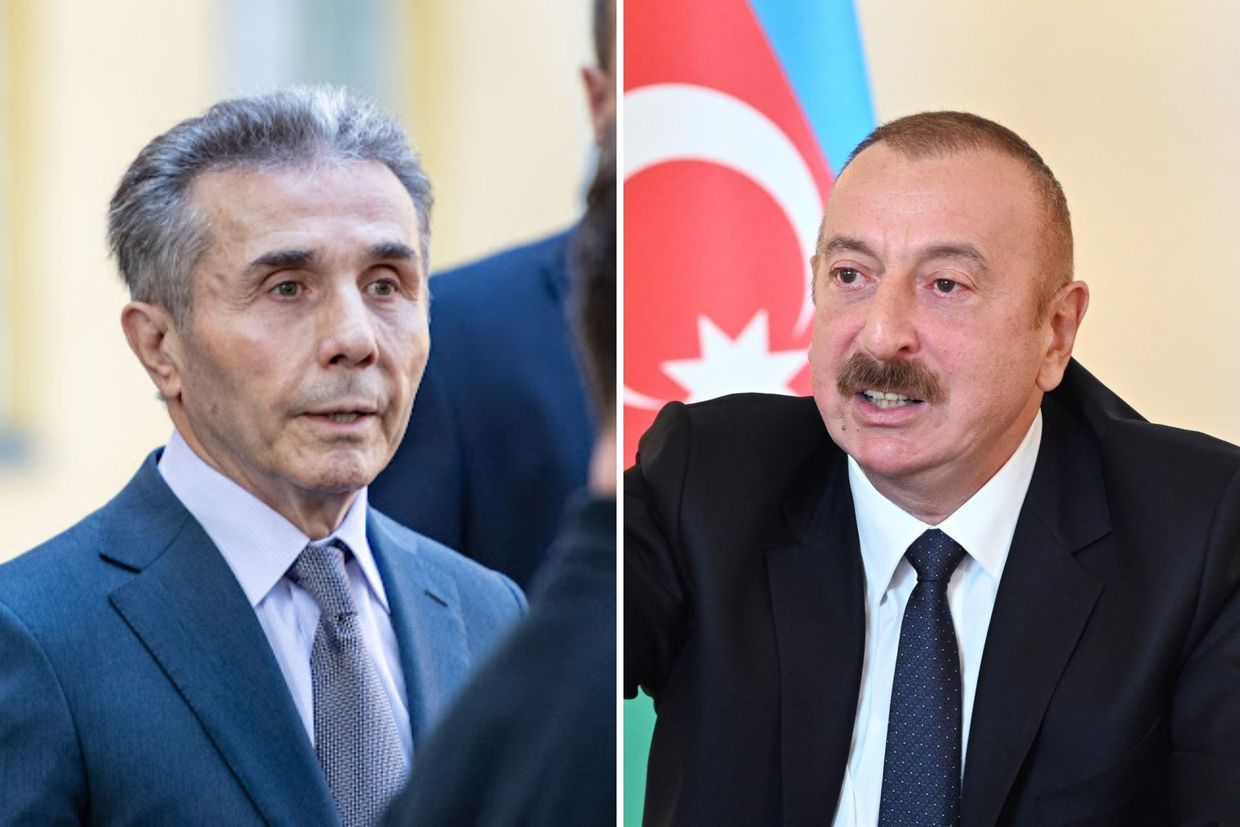
It all started in 2009, when Ivana Trump turned up in Tbilisi out of the blue. The presidential press office announced she was looking at investment opportunities along the Black Sea. Officials confirmed she liked what she saw — though, predictably, nothing came of it. This sort of celebrity tourism was common in those days; Georgia was desperate to recover from the August 2008 War, when annual foreign investment fell from more than $600 million to just $92 million.
Then, in 2010, Michael Cohen — Trump’s loyal lieutenant, later his most famous legal disaster — arrived in Tbilisi to scout sites for possible Trump-branded real estate. At the Radisson Skybar he told me, with theatrical confidence: ‘I’m here to walk the land and smell the dirt’.
He said Trump had been impressed with then-President Mikheil Saakashvili, and that the Trump name could fix Georgia’s ‘branding problem’. He avoided specifics, of course.
When Trump himself came shortly after, I secured an interview — in the back seat of a black estate car, as the then–Tbilisi Mayor narrated the city’s development from the front seat.
Trump turned to me with a grin: ‘If paparazzi saw us now, they’d think you’re my Georgian girlfriend’.
He found this funny. I didn’t. And something shifted the moment he realised that.
When I pressed him about money — real numbers, real commitments — he became evasive, irritated. Eventually he spat out: ‘I’ll be putting something in, but that has not been determined yet […] For the job itself, it will be more than $100 million’.
He praised Batumi as ‘the Monte Carlo of the region’, mentioned Russian developers courting him, then tensed up when I asked about his actual wealth.
At Tbilisi’s Narikala Fortress he shook my hand and ended the interview with: ‘Are we done? Great. Lady, you actually gave me a headache […] Get away from me’.
Within hours, Cohen and his host called me urging that certain parts from the interview not be published. Something in that conversation had clearly rattled him.
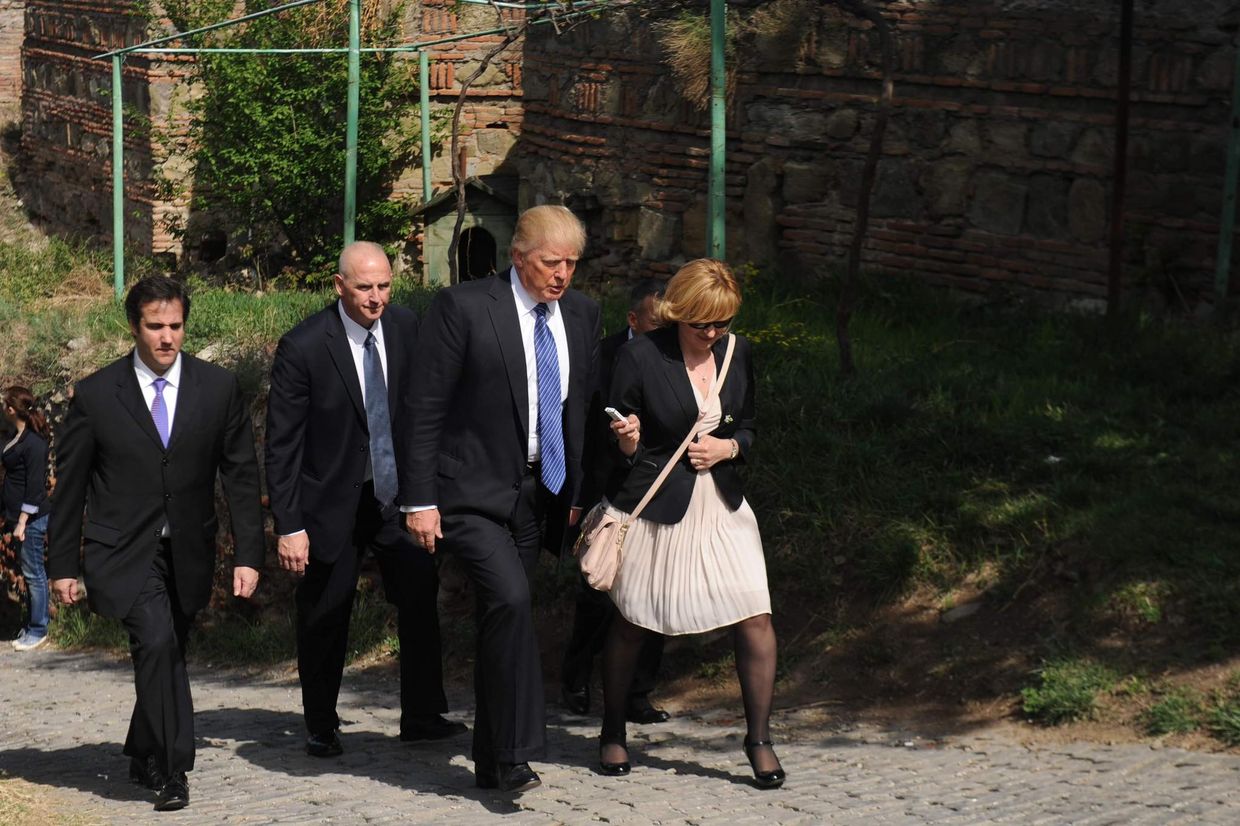
At the time, I thought it was just the fragile ego of a billionaire not used to a woman refusing to play along. Now, I see it differently. It was the early version of a political style built entirely on dominance — especially over women.
Years later, when I first encountered Ivanishvili at a joint press conference, I recognised the same tone. I asked him a straightforward question — nothing dramatic — and his response was a smirk followed by: ‘Who told you to ask me this question?’.
The implication was obvious: a woman couldn’t possibly ask a tough question on her own. Sadly, his successors and party leaders later adopted this tone even more aggressively and the trend remains (though perhaps with one exception, the measured former Prime Minister Giorgi Kvirikashvili).
In that moment, I felt exactly what I had felt in the back seat with Trump — that mix of condescension, suspicion, and barely disguised contempt. Only this time, it was not a visiting businessperson. It was the man who would go on to shape Georgia’s political landscape for more than a decade.
This is the new strongman language: not seduction, but humiliation. Not charm, but domination.

Trump didn’t invent misogyny. But he turned it into a political brand that others could adopt, refine, and use in their own countries. Ivanishvili’s Georgia is a clear example. The mockery, the disdain, the attempts to portray women journalists as emotional or irrational — all of it mirrors the same template Trump perfected.
And the danger extends far beyond the journalistic sphere. When misogyny becomes political theatre — a way for leaders to project ‘strength’ — societies begin to accept it as normal. Something shifts. Public space shrinks. The message becomes clear: women who speak out will be cut down, and everyone else should take note.
Strongmen understand the power of this dynamic. They rely on it. If they can delegitimise a woman with a joke or a sneer, they can delegitimise anyone.
I saw the early version of this in a car with Trump. I heard it again from Ivanishvili on a stage in Tbilisi. The world now hears it everywhere — louder, sharper, and more confident than ever. And Georgia, like so many countries caught between past hopes and present fears, is still living in its echo.




